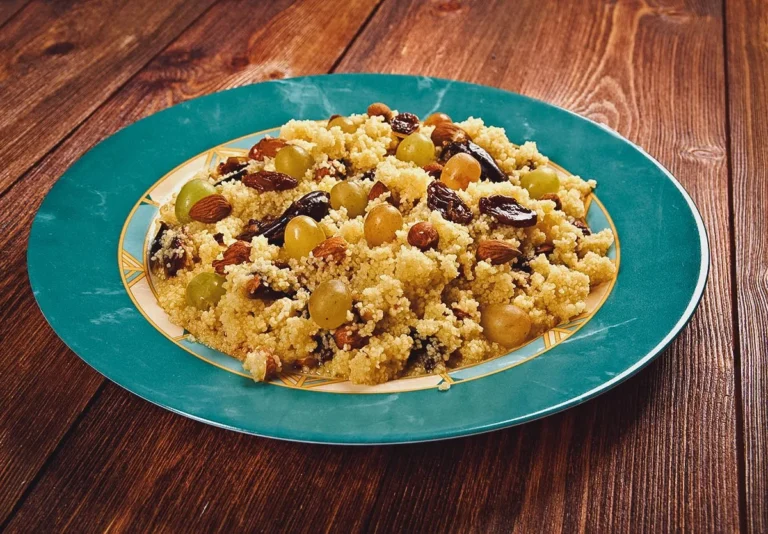Introduction: Tunisian cuisine and olive oil
Tunisian cuisine is a delightful blend of Mediterranean and North African flavors, with a rich history and cultural diversity. One of the key ingredients that define Tunisian cuisine is olive oil. Olive oil is so crucial that it is considered the “liquid gold” of Tunisia. In fact, Tunisia is one of the top producers of olive oil in the world, with an estimated annual production of over 300,000 tons.
A brief history of olive oil in Tunisia
Olive trees were introduced to Tunisia thousands of years ago by Phoenician traders. Since then, olive oil has been a staple ingredient in Tunisian cuisine. Olive oil production in Tunisia has evolved over the centuries, with modernization and technology making it easier to produce larger quantities of high-quality olive oil. Today, Tunisia produces a diverse range of olive oil, from fruity and mild to robust and peppery.
Olive oil as a staple ingredient in Tunisian cuisine
Olive oil is used in almost every aspect of Tunisian cooking, from baking to frying, and everything in between. Tunisian cuisine is based on fresh, seasonal ingredients, and olive oil is the perfect accompaniment to bring out the flavors of these ingredients. It is used to sauté vegetables, flavor soups and stews, dress salads, and marinate meats and seafood. In fact, many traditional Tunisian dishes are based on olive oil, such as the famous Tunisian salad, Mechouia.
Olive oil-based dishes in Tunisian cuisine
Tunisian cuisine boasts a vast array of olive oil-based dishes, from appetizers to desserts. Some of the most popular olive oil-based dishes include Brik, a fried pastry filled with egg, tuna, or cheese, served with a drizzle of olive oil; Harissa, a spicy chili paste made with olive oil, garlic, and spices; and Couscous, a North African staple dish made with steamed semolina and served with a variety of meats and vegetables, all seasoned with olive oil. Olive oil is also a key ingredient in Tunisian sweets, such as Baklava, a rich pastry made with phyllo dough, honey, and nuts, soaked in olive oil.
Health benefits of using olive oil in Tunisian cuisine
Olive oil is considered one of the healthiest oils in the world, with numerous health benefits. It is rich in monounsaturated fats, which can help lower cholesterol levels and reduce the risk of heart disease. Olive oil is also high in antioxidants, which can help fight inflammation and protect against chronic diseases such as cancer and Alzheimer’s. In Tunisian cuisine, olive oil is used in moderation, making it a healthy and flavorful choice.
Conclusion: The significance of olive oil in Tunisian cuisine
Olive oil is an integral part of Tunisian culture and cuisine, and it has been for centuries. Its versatility and health benefits make it a staple ingredient in Tunisian cooking, from savory dishes to sweet treats. Tunisian olive oil is known for its quality and flavor, and it is a source of pride for the country. Whether it’s drizzled over a salad or used to cook a flavorful tagine, olive oil is the liquid gold that adds richness and depth to Tunisian cuisine.

